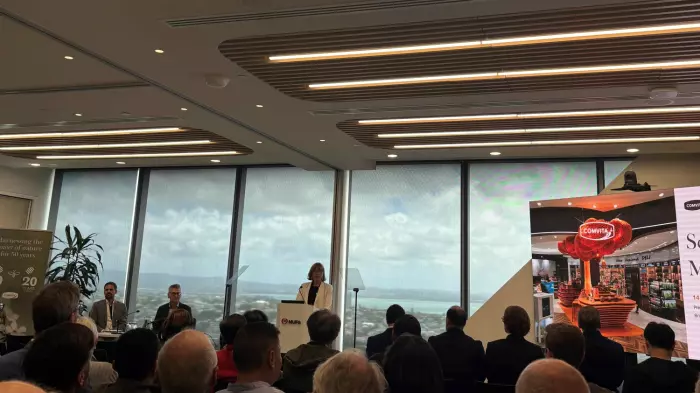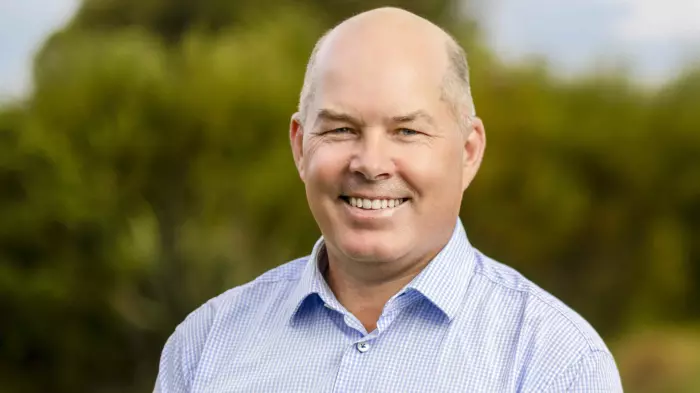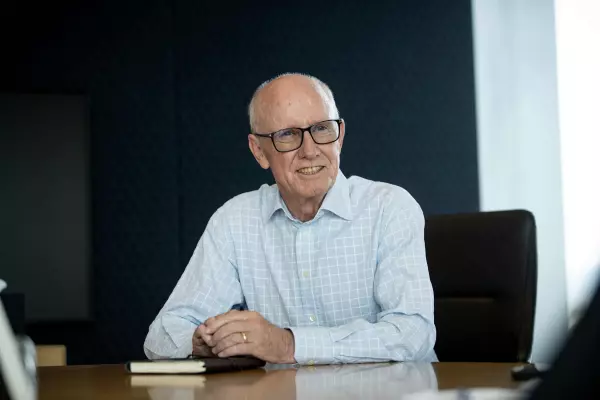In my professional life, I have prepared many forecasts and budgets for banks, boards and business owners. All wrong. Every single one of them.
They have to be wrong because you are literally “casting” the future and that, as we know, is impossible. The longer the cast, the less reliable. If T1 is New Year’s Day and T365 is the end of the year, there are 364 days for things to go wrong, circumstances to change or great ideas to fail.
Strategic planning sounds so sensible but falls into the same perilous trap as forecasting. Setting strategies over a 12-month period dooms a business to either disappointment or surprise. At its worst, strategic planning creates a situation where opportunities are lost, people are bored and innovation is stifled. If a company can act only within a strategic framework, new ideas and developments are irrelevant and innovation is annoying to the strategic planners.
Why do we bother with strategy then?
Is it worth it? Well, the process is everything here. The process of setting strategy is, in fact, the only important bit. In a robust company, the process for setting strategy should contain the following elements:
- Reflection.
- Consideration of the company’s mission.
- Excitement.
What worked, or didn’t work, last year?
Are we still connected to the company’s mission?
What are we excited to try this year?
Ideally, talk to as many team members as you can, encourage new ideas and listen to people’s responses. The leader’s job is to assimilate all this thinking, analyse where the market is going and determine what the owners want, and prepare a small number of strategies that can be easily articulated, measured and enacted. The output should be minimal because by the end of the process, it should be clear to the team what the strategies are, why we’re doing them and who is responsible.
What is intent and why does it work?
Intent is purpose plus determination. It is like author and motivational speaker Simon Sinek’s “Why”, but with a bit more horsepower. If you believe (as I do) that most people want to create meaning in their lives and many spend a lot of time at work, then the creation of meaning at work can change the level of intent people feel about it.
Many accountants complete financial statements and tax returns, often for small business owners who don’t care a jot for these functions. Sometimes they regard their accountant as an extension of the tax department. This can be thankless work.
In reality, accountants care about the person, not the task; their intent is to protect another human by using their skill, to bring good into the world, to reassure, to teach, and to provide care. I’ve seen the tremendous level of determination that accountants bring to their work, in the face of their clients not responding, or being scared, or unsure. You have to really want to help, and they do.
In my experience, if I ask an accountant to perform a task as part of a strategic plan, it fails. If I ask them to perform a task for one of their clients, it succeeds. Intent wins and strategy fails.
How do you build intent into your business?
- Acknowledge it’s a messy, imperfect world.
- Ask your team – in routine surveys or even during chats in the corridor or on Zoom –why they work and what they enjoy and listen carefully to their responses. People want to tell you.
- Analyse how simple actions can lead to change. Pass on to your team all the comments from customers, and point out the differences that individual staff are making in the lives of clients and colleagues.
- Think about how a collective intent can drive a business without strategy; if you can, codify the change at a company level. “If this, then that …”
- Then think about the effects of all those humans at scale, acting with intent in the world. All good businesses do good in the world in some way, so find your true intent by realising, discussing, monitoring and talking about it.
You may be doubting this, but if a bunch of accountants can do good in the world, so can your business.
Sue de Bievre is the founder and CEO of online accountancy firm Beany.










